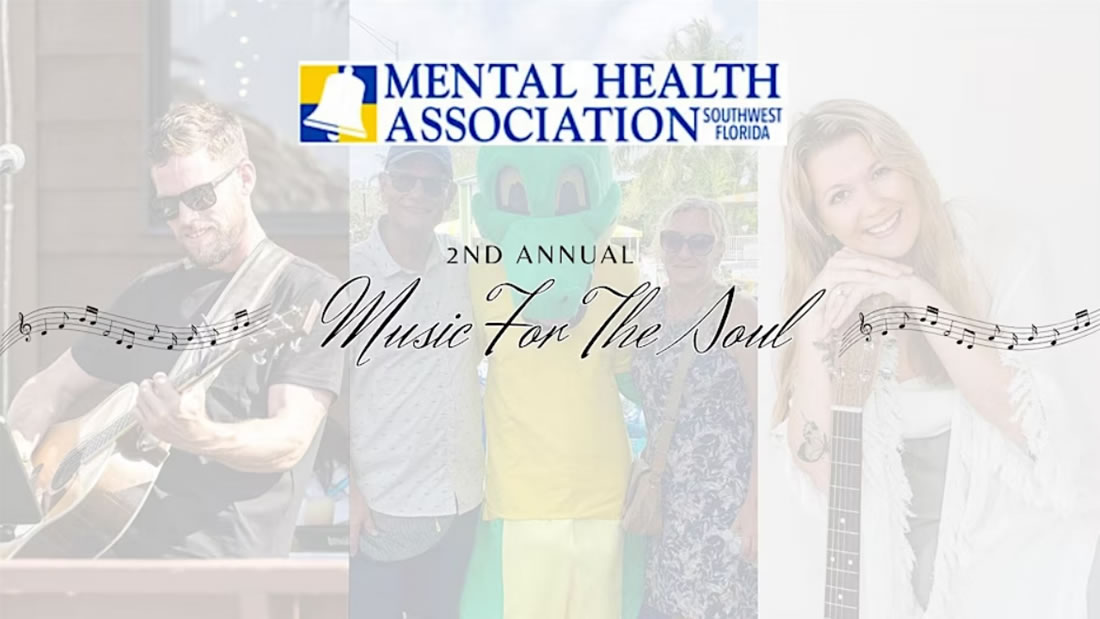Raising our voice for those unheard…
-
Need Help? Call Us: (239) 261-5405
-
Raising our voice for those unheard…
Need Help? Call Us: (239) 261-5405
Recognizing Adolescent Depression
Adolescent depression is increasing at an alarming rate. Recent surveys indicate that as many as one in five teens suffers from clinical depression. This is a serious problem that calls for prompt, appropriate treatment. Depression can take several forms, including bipolar disorder (formally called manic-depression), which is a condition that alternates between periods of euphoria and depression.
Depression can be difficult to diagnose in teens because adults may expect teens to act moody. Also, adolescents do not always understand or express their feelings very well. They may not be aware of the symptoms of depression and may not seek help.
These symptoms may indicate depression, particularly when they last for more than two weeks:
Seek help when necessary.
If you are worried about a child’s reaction or have ongoing concerns about his/her behavior or emotions, contact a mental health professional at school, your community mental health center, or MHASWFL at 261-5405/info@mhaswfl.org
